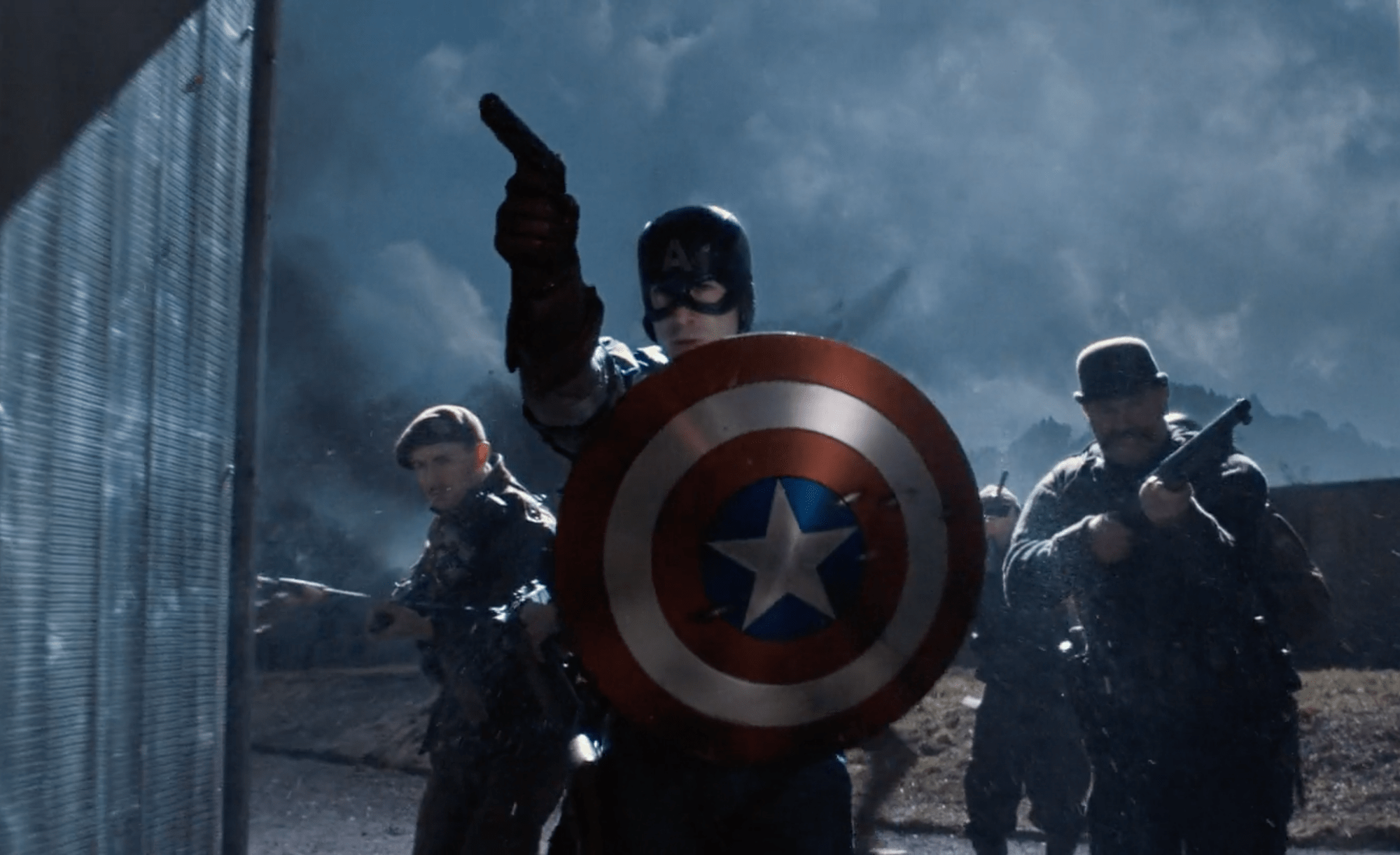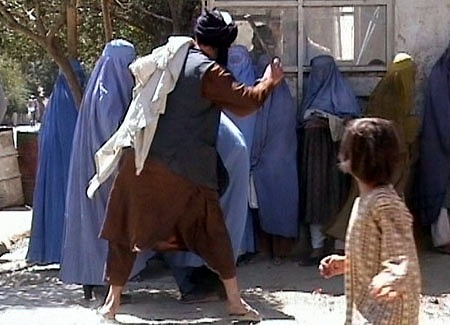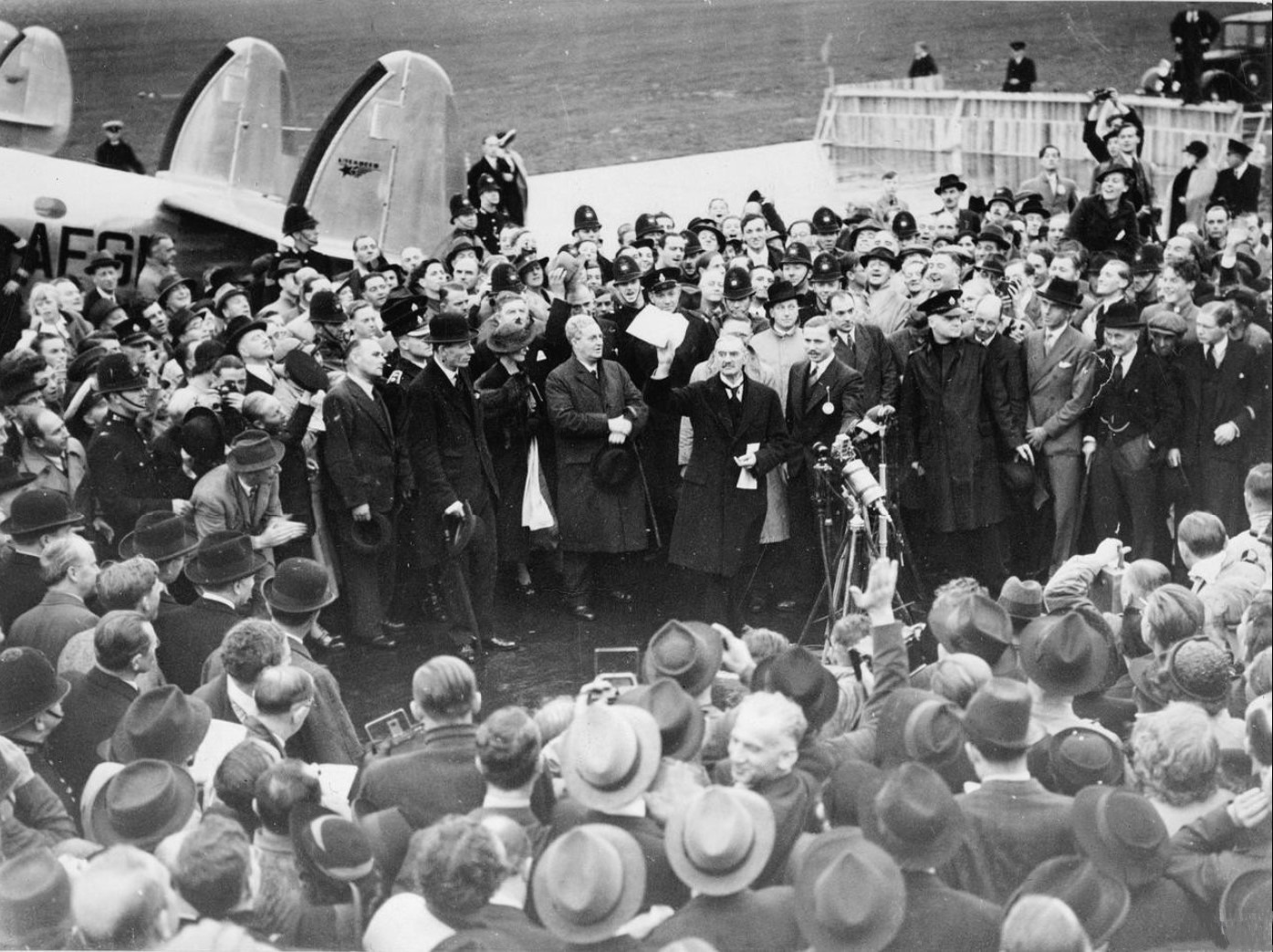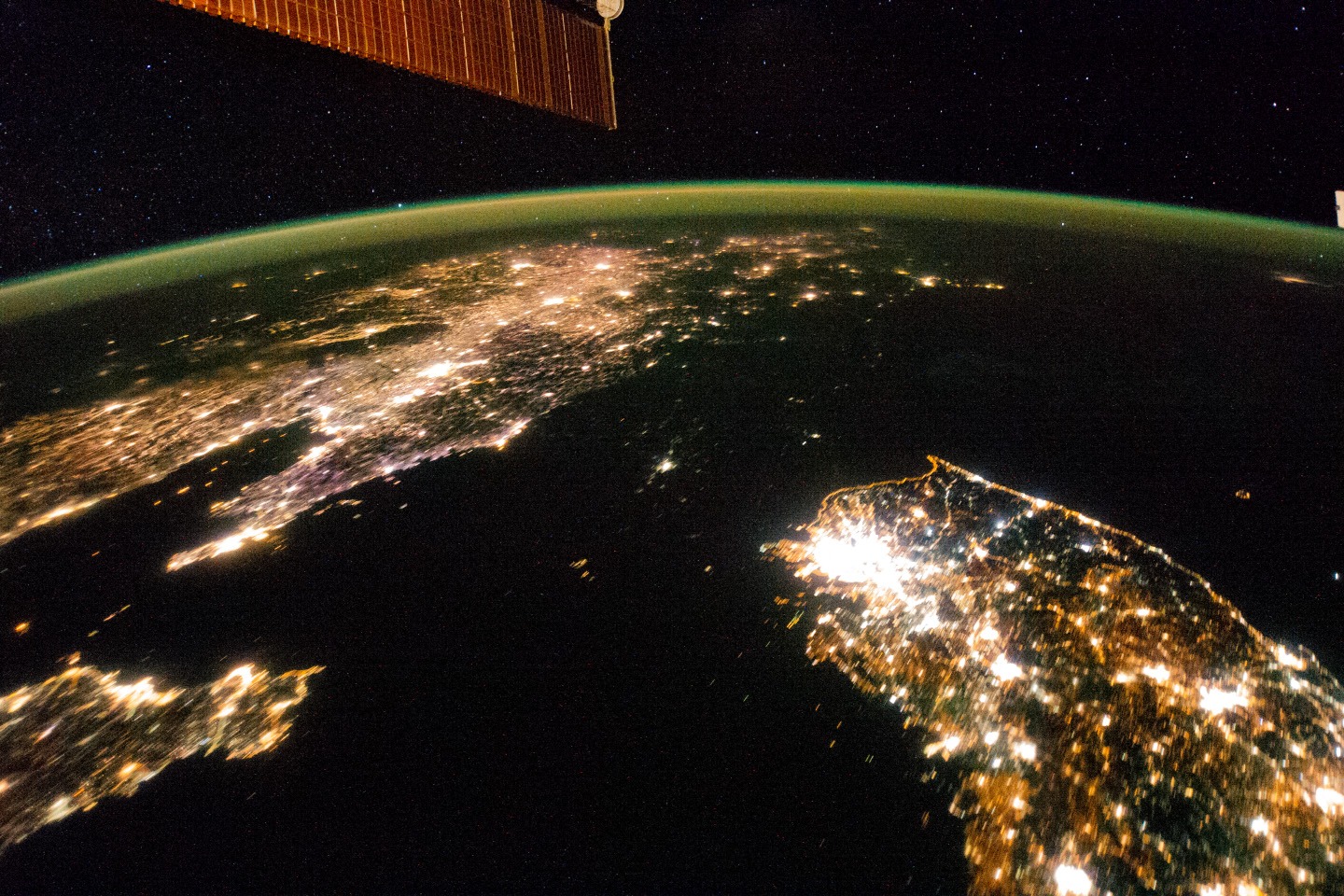Will the West Fight for Anything Anymore?

By Shaun Tan
Founder, Editor-in-Chief, and Staff Writer
24/8/2021

Captain America fighting Nazis in the 2011 film
Today, we admire violent heroism more than ever. Hollywood continues to churn out an endless series of superhero movies. We root for Iron Man when he blasts Afghan insurgents, cheer the Avengers when they destroy terrorist groups, feel a twinge of satisfaction when Superman punches a villain’s lights out. The violence is usually toned down in children’s cartoons, but the concept is the same, many of them featuring courageous heroes who fight evildoers for a good cause. Americans recall with pride the Greatest Generation, who defeated Nazi Germany and Imperial Japan in WWII, which they think of as “the good war.” (The 2011 Captain America film even combined these two things – with the superhero travelling to Europe to battle Nazis.) Britons revere those who resisted Hitler, especially Winston Churchill, as heroes, and disdain those who tried to make peace with him, especially Neville Chamberlain, as gutless appeasers. The French, likewise, honor Charles de Gaulle, who fought the Nazi occupiers, and scorn the Vichy government that collaborated with them.
When violent heroism is actually demanded now, in real life, however, Westerners are often squeamish about it. They’re paralyzed by irrational fear of “endless wars.” They retreat into what-aboutism: “Who are we to interfere when our own records are checkered?” they speciously ask, as if someone needs to be morally pure, or even good, to take up arms for a worthy cause. Neither the war against ISIS (the worst terrorist group today) nor the war to depose the despotic Muammar Gaddafi and stop him from massacring his own people enjoyed popular support. The proposed intervention to stop Bashar al-Assad from using chemical weapons against his people was so unpopular that it was rejected by the British Parliament, and the Obama administration had to promise it would be “unbelievably small,” before deciding to abandon it entirely.
Nowhere has this tendency been more apparent than with Afghanistan. The War in Afghanistan was a good war if there ever was one. The Taliban are so horrific that they are downright cartoonish in their villainy. When they last ruled Afghanistan from the 90s to 2001, they imposed their barbaric Islamofascist rule on the populace. They massacred minorities for their ethnicity, killed homosexuals for their sexual orientation, prohibited girls from going to school, and flogged women for leaving the house without a male guardian or for showing their ankles in public. Their regime kept Afghanistan backward, impoverished, and uneducated, and a haven for terrorist groups like Al Qaeda. The Taliban are arguably even worse than the Nazis – the conventional effigy of ultimate evil – as terrible as the Third Reich was, at least it never banned music or education for girls. Only a paltry commitment of some 8,000-12,000 troops suffering minimal casualties was needed to keep the Taliban at bay in Afghanistan. You didn’t need any sympathy for the corrupt and incompetent Afghan government to support a continued military commitment there – just for the 38 million Afghans who’ve been able to enjoy vastly more freedom and prosperity for the past 20 years, and who’d otherwise suffer under Taliban rule, as they will now. Yet no major Western politician even attempted to make this case to his or her people, who, in large part because of that, came to view the War in Afghanistan with ambivalence and apathy.

A member of the Taliban’s religious police beats a woman in Kabul in 2001
The refusal of the West to bear even such small costs for such an unambiguously good cause, and its disgraceful betrayal of the Afghan people to the Taliban, begs the question: What, if anything, is it willing to fight for now? Is the great heroism of the West now gone to dust and song?
Is the great heroism of the West now gone to dust and song?

The Marine Corps War Memorial in Arlington, Virginia (Picture Credit: Famartin)
We should be careful not to romanticize the past, of course. After all, even with WWII (“the good war”), the Allies were reluctant to take up arms. Britain and France bent over backwards to appease Hitler, surrendering to him the Rhineland, the Sudetenland, and then the rest of Czechoslovakia, until he invaded Poland, and it became obvious to even the most naïve that his appetite was insatiable. The US stayed aloof from WWII until the Axis powers forced it to get directly involved: the Japanese by bombing Pearl Harbor and the Nazis by declaring war on it. Whilst Chamberlain is universally regarded as a coward and a weakling today, we sometimes forget that his decision to sell out Czechoslovakia to Hitler to avoid war was hugely popular in Britain at the time, and whilst “quisling” is a byword for “traitor” today, there were many Westerners back then who favored cooperating or cutting a deal with the Nazis. And although, after the full extent of the Holocaust became apparent, the West swore “Never again,” it made a mockery of this promise by allowing the Rwandan and Cambodian genocides to occur, and in the case of the latter, even abetting the gruesome Khmer Rouge who were responsible for it.

British Prime Minister Neville Chamberlain brandishing his treaty with Hitler in London in September 1938, which he infamously said achieved “Peace for our time”
But there were many other “good fights” where the West, and the US in particular, stepped up to the plate. It did it in the Korean War to prevent the Kim regime from taking the South (which is why the 50 million people there are now living in one of the richest, freest countries in the world, instead of starving under totalitarian rule). It did it in the Bosnian War to stop Slobodan Milosevic’s genocide against Muslims. And, yes, it did it in the Libyan War to stop Gaddafi from mass-murdering his people and in the war against ISIS to stop it from spreading its reign of Islamist terror across the Middle East.

Photo of the Korean peninsula at night from the International Space Station. Note how dark North Korea is compared to South Korea. (Picture Credit: NASA Goddard Space Flight Center)
For the past century or so, the West has been pulled between these two tendencies, between the best and worst sides of itself, between difficult action and shameful omission. Why does it matter so much what the West does or doesn’t do? Simply because no one else today is willing and able to take up the heavy burden of liberal intervention, to spend blood and treasure to defend freedom and civilization. Do we see Japan or South Korea volunteering to do it? How about Turkey or Russia or China? Unfortunately, terrorists like ISIS and fascists like Gaddafi can often only be stopped with powerful military force, and only the West has such power – and the willingness to use it against them. If its record is far from perfect, at least the West tends to do more good than harm, and if it often intervenes out of a mixture of principle and self-interest, at least it’s one of the few powers in this world that doesn’t seem to act solely out of realpolitik.
The West has been pulled between the best and worst sides of itself, between difficult action and shameful omission.
“The best lack all conviction,” wrote William Butler Yeats, in his famous poem, “while the worst are full of passionate intensity.” In this dystopia, “Mere anarchy is loosed upon the world, the blood-dimmed tide is loosed, and everywhere the ceremony of innocence is drowned.”
A tad melodramatic, perhaps, but there is reason to fear when people like Assad and the Taliban have the conviction to fight and the West does not. In a world filled with villains, we badly need even flawed heroes. If the West no longer has the courage of its convictions, if it’s no longer willing to fight the good fight, if the spirit of violent heroism that stirred it to action in its finest hours now only exists in its past and in its movies, the world will be a much darker place.
